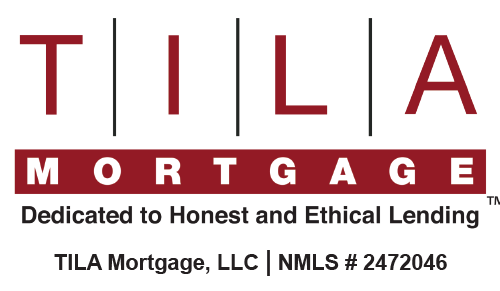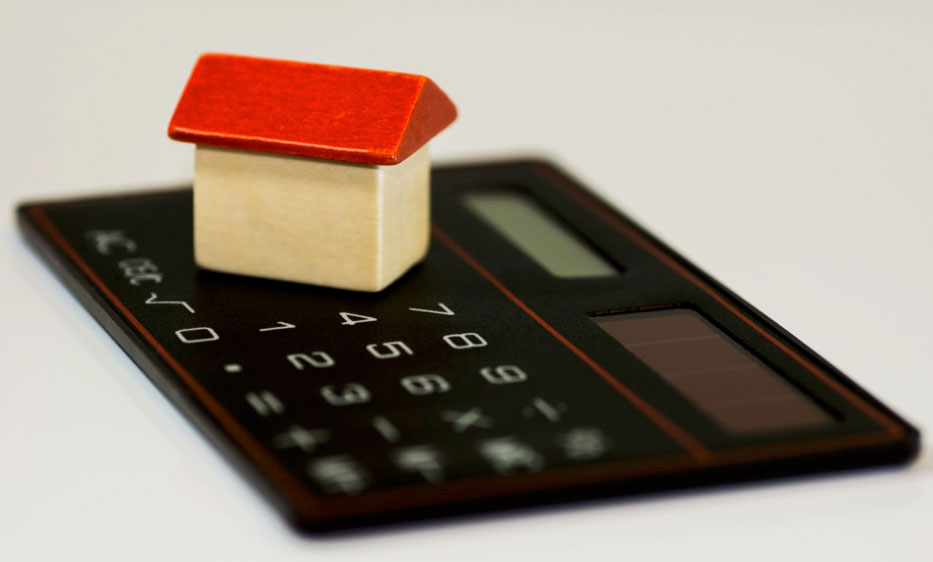Buying a home involves serious planning and careful decision making. The first step is to apply for a mortgage loan and fortunately, home buyers can choose from a seemingly endless array of mortgage loan products today.
That is the good news.
However, with so many options on the table, it’s easy to make a mistake and pick the wrong one. When taking out a mortgage it’s crucial to pick a home loan financing product that meets both your current needs and future goals. And if financial stability happens to be your primary goal – whether short or long term – then there is no better option than the fixed-rate mortgage.
As the name suggests, a fixed-rate mortgage charges a fixed (set) interest rate. Regardless of fluctuations in the housing or lending markets, the interest rate doesn’t change for the entire life of the loan.
These loans also come with a fixed loan term (length). Depending on your personal needs, you can choose from an array of loan terms, including 10, 15, 20, 25 or 30 years*.
Different factors are used to determine the interest rate on a fixed-rate mortgage loan:
Current Interest Rates
A borrower’s monthly rate will depend on the interest rates in the market at the time it is taken out. In other words, the rate you get at the time you sign your contract will remain the same for the life of your loan.
Credit Score
Another important consideration is a borrower’s credit score. Your credit score reflects your financial credibility, and if you have a high credit score you are most likely to end up with a favorable interest rate and, consequently, lower monthly payments.
Down Payment
Along with a borrower’s credit score, the value of their down payment affects the interest rate. Generally, the more you put down, the lower the interest rate you’ll qualify for.
Loan Term
A “loan term” indicates the length of a loan, and fixed-rate loans are available in terms ranging from 10 to 30 years. The duration of the loan influences a borrower’s monthly interest rate. Shorter terms tend to have slightly lower rates.
Loan Closing Costs
Closing costs include appraisal fees, loan origination fees, municipal recording fees, and several other expenses related to a home purchase. In some cases, a borrower may agree to a slightly higher interest rate if their lender pays off the closing costs or they roll those costs into the amount of their loan so the buyer doesn’t have to pay them out of pocket.
Fixed-Rate Loan Application Process
The biggest advantage of a fixed-rate loan is its predictability. Borrowers know exactly how much they must pay every month – irrespective of the market conditions – for the entire life of the loan.
Not only does this protect borrowers from unforeseen changes in the economic market that could potentially raise the interest rates, but they can make long-range financial plans since their monthly payment amount will remain static.
If you are someone who values stability and control over your finances, then a fixed-rate loan is a good bet. Our professional loan officers can walk you through the whole fixed-rate loan application process, explain all your lending options, and help you select a loan option for your unique circumstances. Contact us now for a free consultation.




